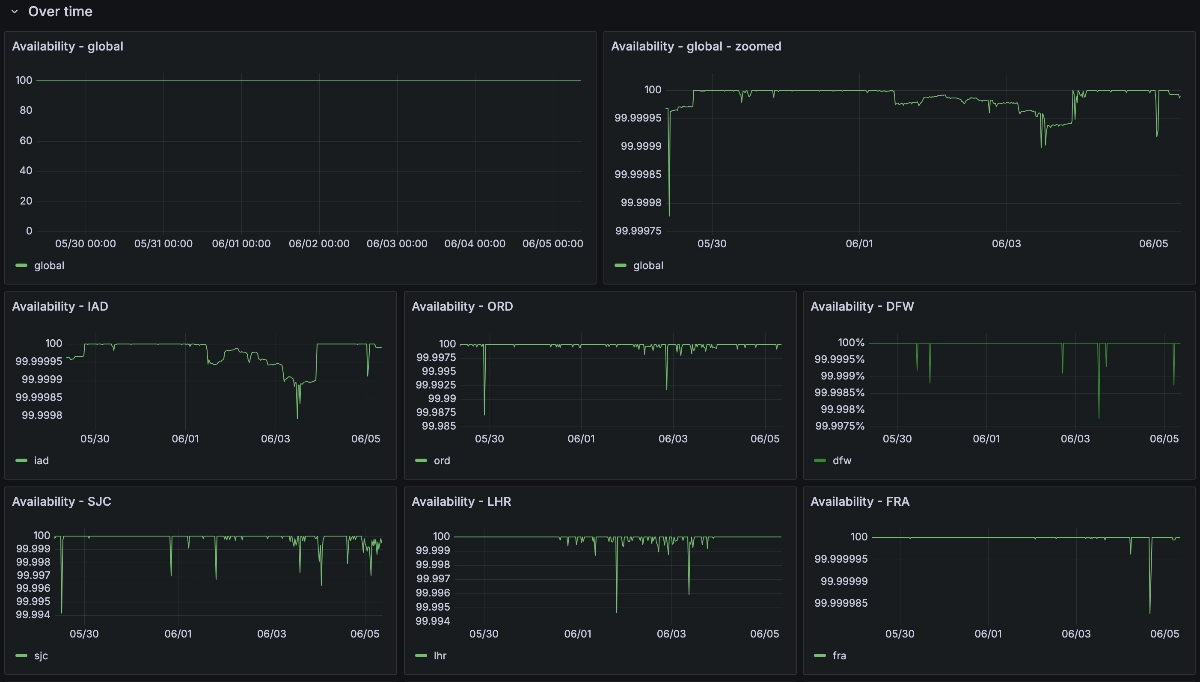 Nomadic Infrastructure Design for AI Workloads
Nomadic Infrastructure Design for AI Workloads
This AI stuff is cool, but GPU inference is not needed all of the time. Most of the time your instances stay idle, which means you're just burning investor money without any real benefit. Today we'll learn how to make your compute spread between hosts nomadically, hunting deals and using Tigris to make it all possible.
· 19 min read







